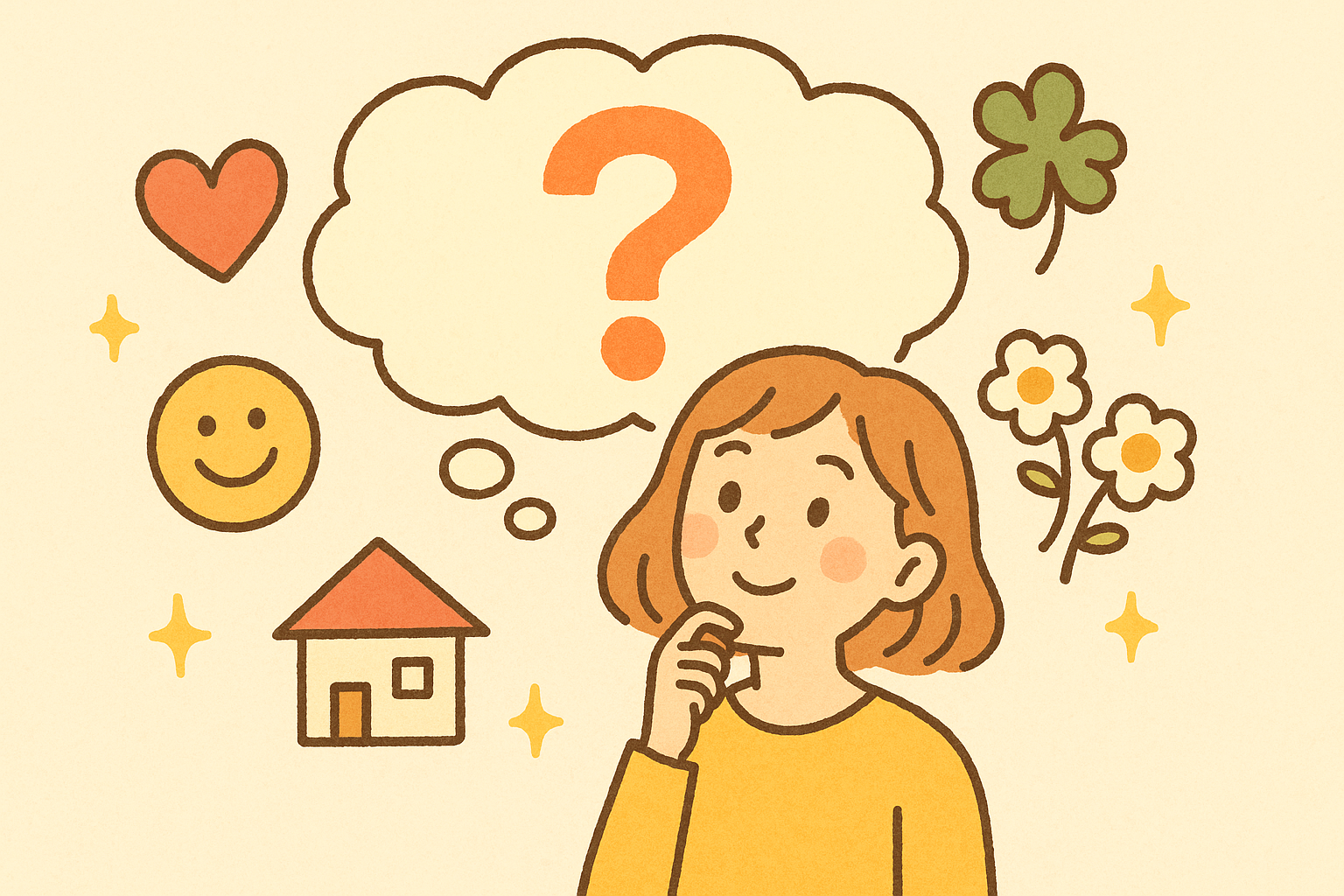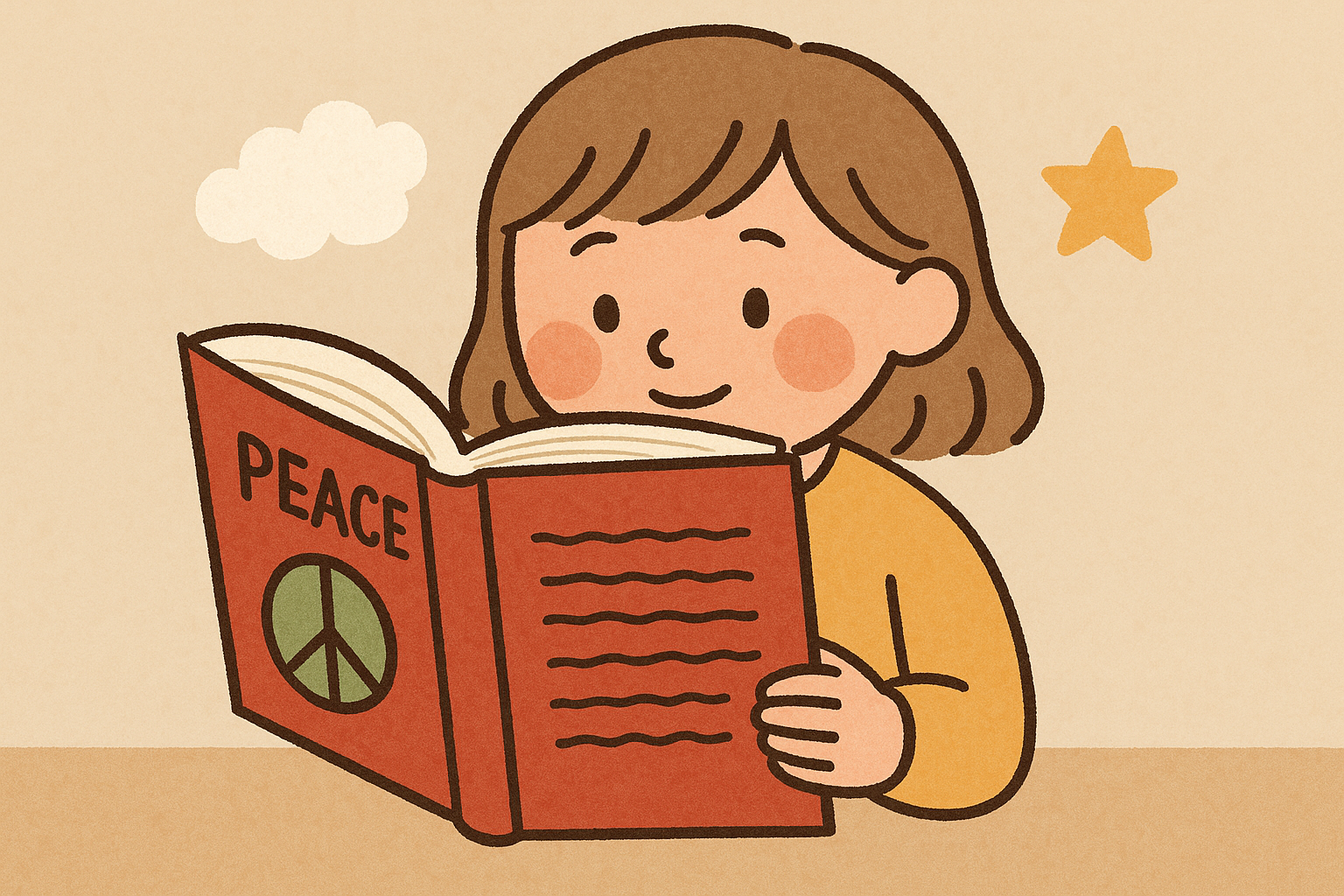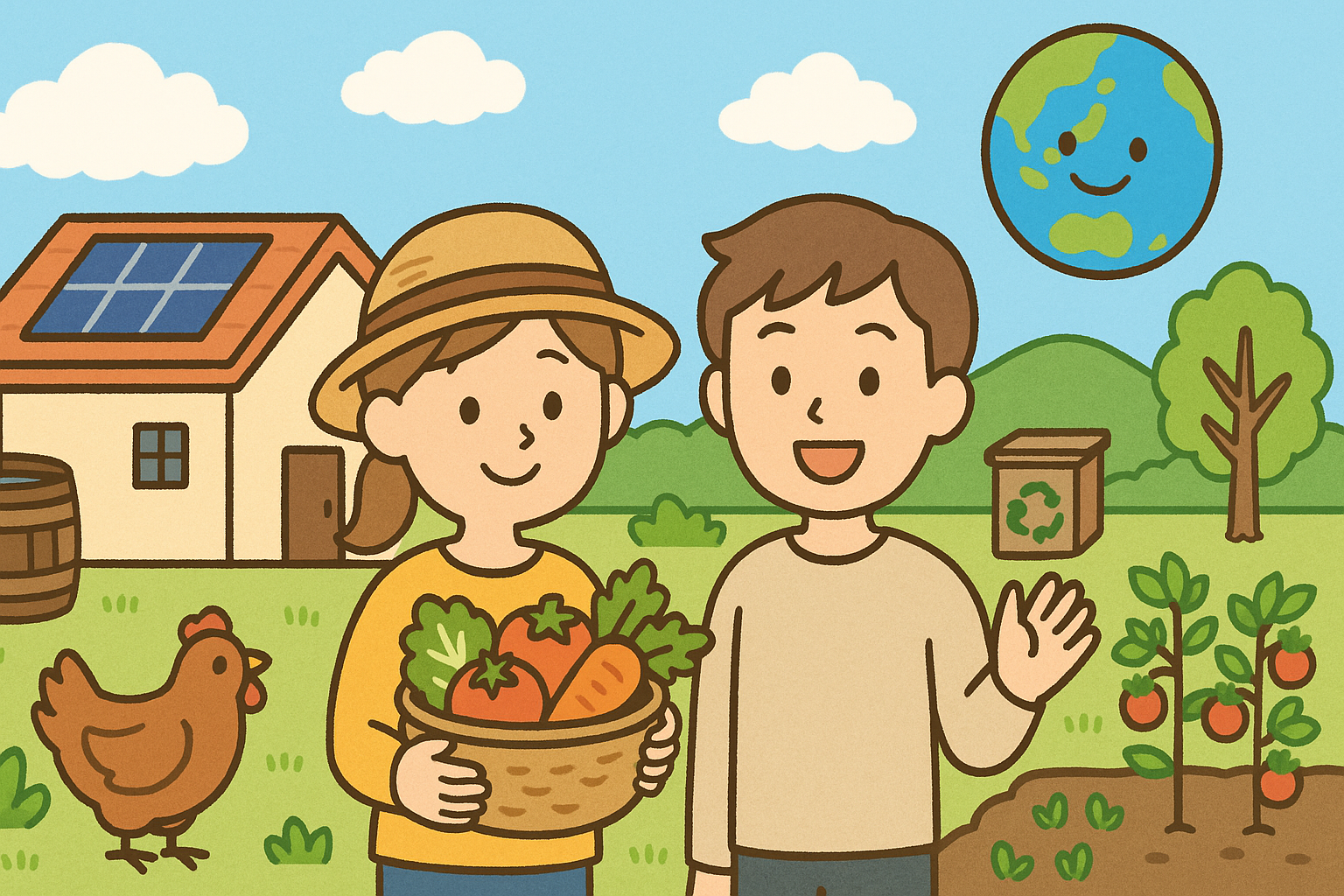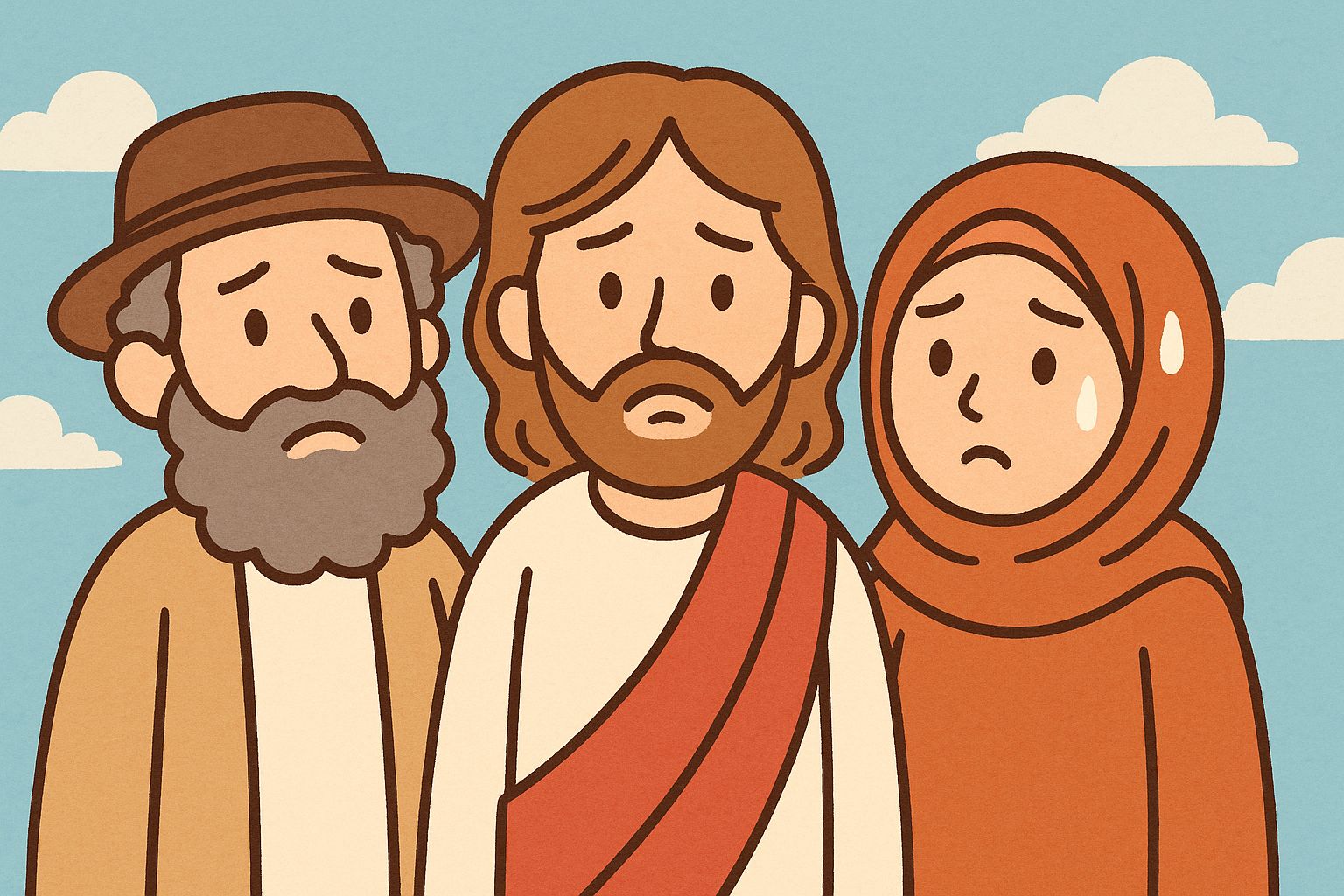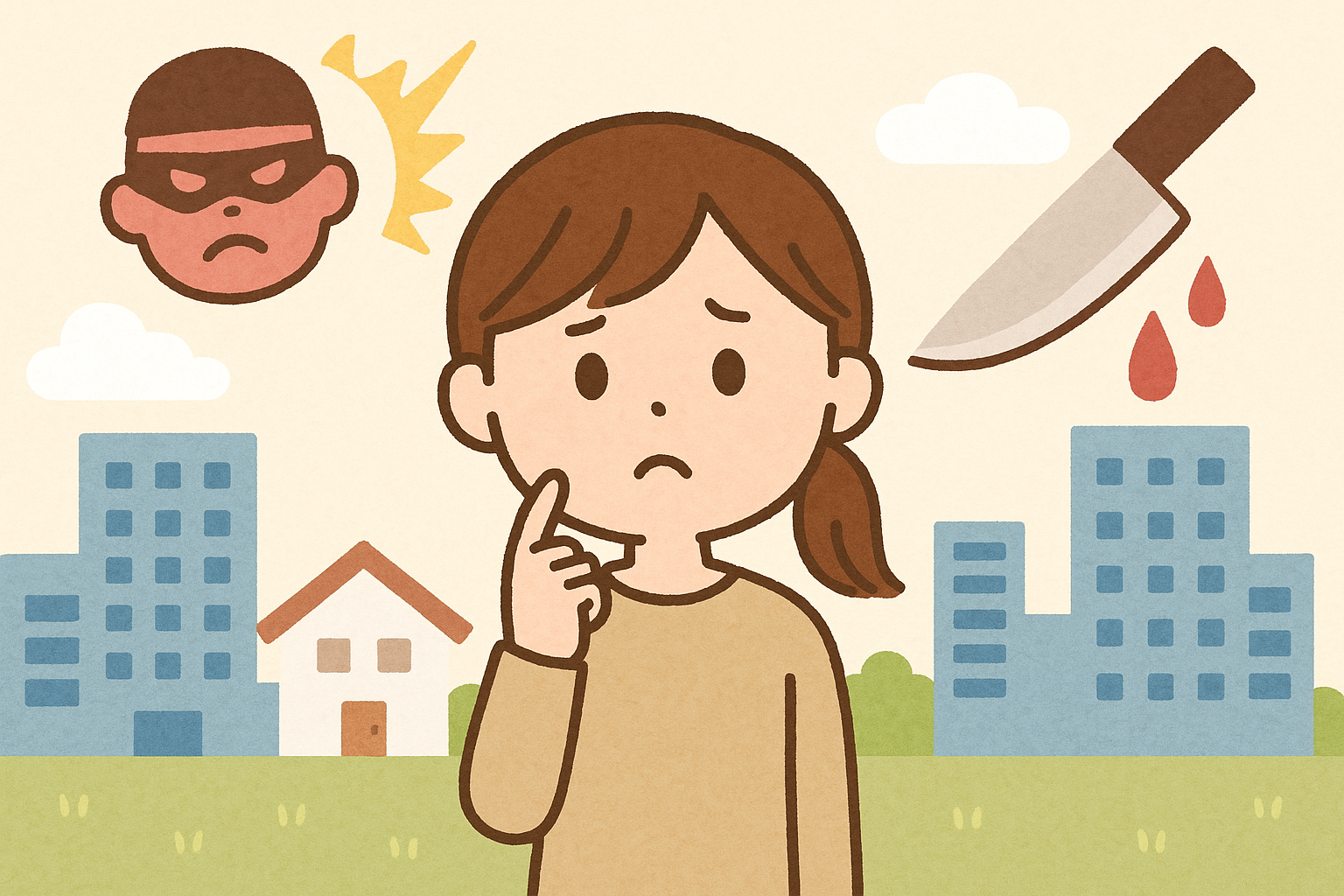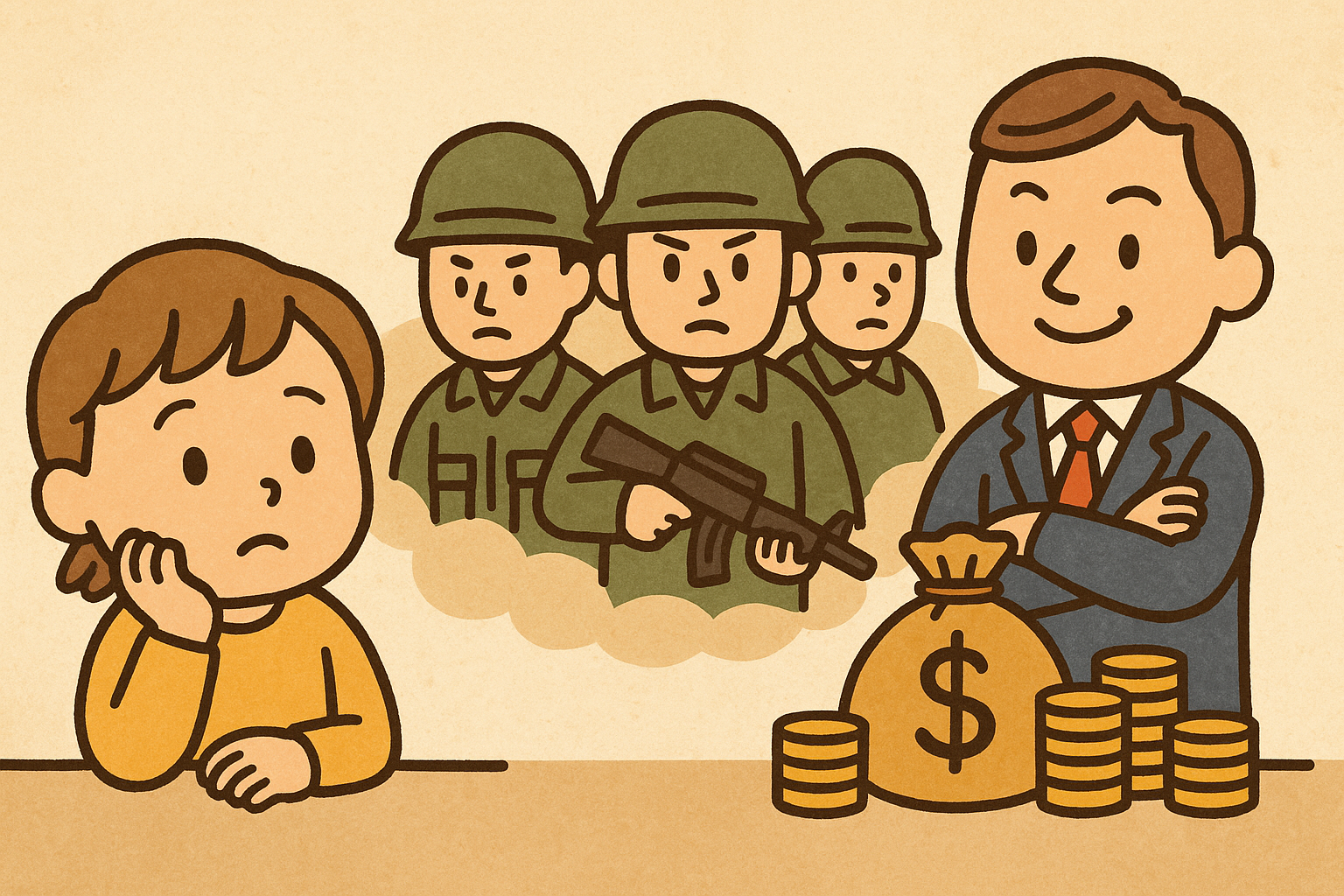Why Do People Fight? All Conflicts are Clashes of “Shoulds”
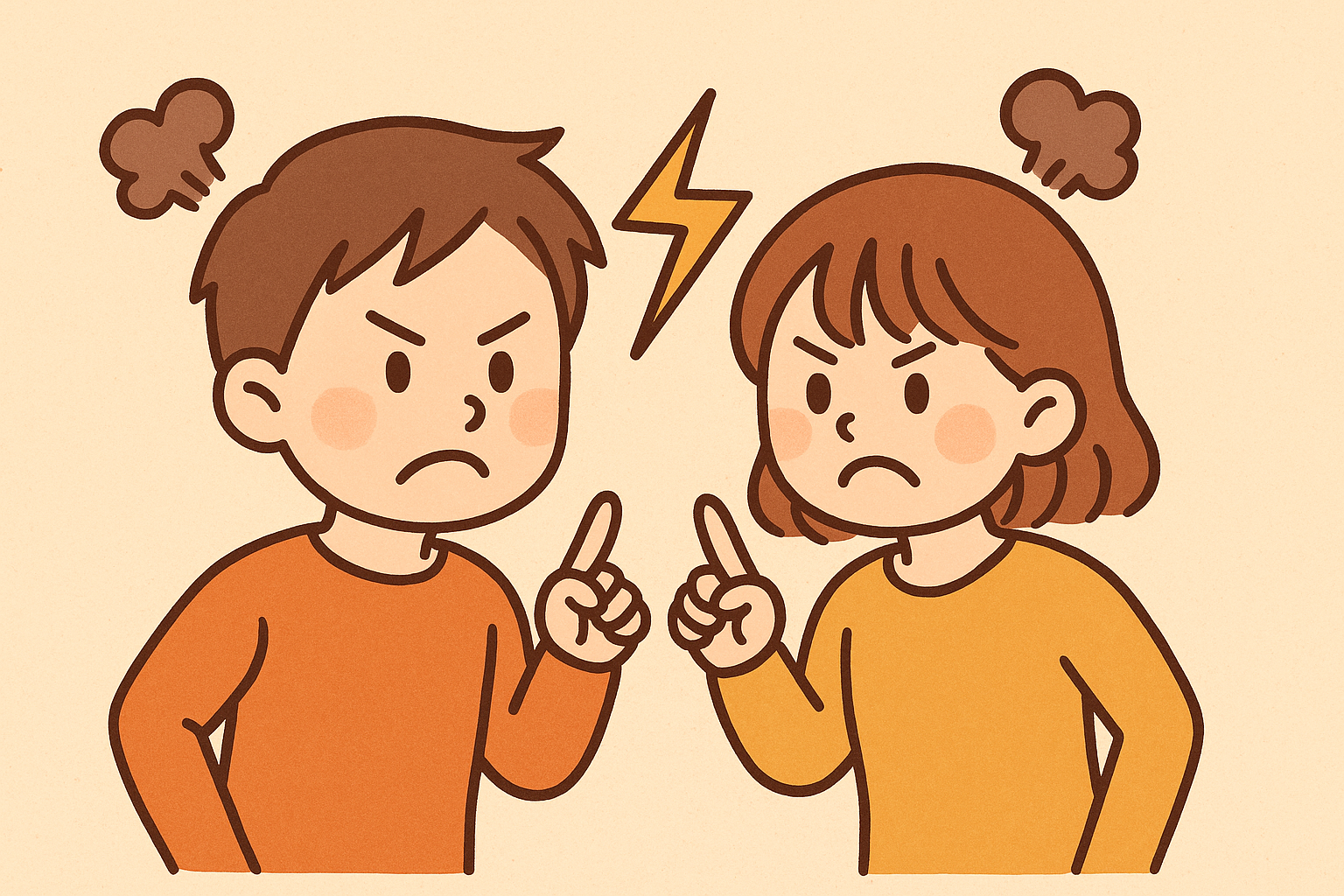
“Why do people fight with each other?”
Whether it’s war between nations, arguments between friends, or misunderstandings within a family, the root cause is essentially the same.
In fact, many conflicts arise when our own idea of how things should be clashes with someone else’s should.
Everyone Has Their Own “Should”
In our daily lives, we often think things like:
- This is how things should be.
- That person should act like this.
- Society should work this way.
- I should be like this.
For example:
- Friends should reply to SNS messages immediately.
- Parents should listen to what I have to say more.
- That land should belong to this country.
These “shoulds” are born from our own values and ideals. But naturally, other people have their own “shoulds” too.
When these don’t align, they collide—and conflict occurs.
In psychology, such mismatches between “ideal” and “reality” are known to cause stress and anger.
For instance, when your “ideal self” and your current self are very different, it can lead to strong anxiety or stress.
How Conflict Happens
One psychologist explains:
“People get angry when their expectations—their shoulds—are betrayed.”
For example, you might think,
“My parents should understand how hard I’m trying.”
But when they don’t acknowledge your efforts, you feel,
“Why don’t they get it?!” — and anger arises.
That anger may start small. But if both sides strongly assert their own “shoulds,” and begin to declare, “The other is wrong!” the conflict will escalate.
Even wars often originate from conflicting “shoulds”:
“Our national interests should be protected.”
“Our culture or religion should be respected.”
When these values clash with those of other nations or peoples, conflict erupts.
Insights from Philosophy and International Relations
The ancient Greek philosopher Aristotle said:
“Too much or too little is never good. The right balance in the middle is what matters.”
For example, being overly obsessed with justice can lead to forcing your idea of what’s right onto others.
On the other hand, saying nothing at all leaves problems unresolved. The key is finding balance.
Modern philosopher Immanuel Kant suggested:
“Before doing something, ask yourself: If everyone else did the same, would society still function?”
In other words, rather than believing your “should” is absolute, it’s important to ask if it applies universally.
In international politics, there are also two major schools of thought adn how nations avoid conflict has long been a matter of debate.:
- Realism: Believing in solving issues through power and force.
- Liberalism: Believing in resolution through dialogue and cooperation.
What Can We Do When “Should” Clashes with “Should”?
So, what should we do when our “shoulds” conflict with someone else’s?
To avoid conflict, it’s more important to seek a middle ground by loosening our “shoulds” little by little, rather than trying to “win.”
In psychology, this is called compromise or cooperation.
A well-known method in anger management recommends the following:
- When you feel anger, take a deep breath and calm yourself.
- Instead of blaming the other person, express your own feelings: “This is how I feel.”
- Listen to the other person’s point of view and try to understand: “They have their own ‘shoulds’ too.”
Another approach called Nonviolent Communication emphasizes empathy and focusing on needs rather than on who is “right” or “wrong.”
By shifting the focus to “what is needed,” we can reduce the spark of conflict.
Peace Means Accepting Ambiguity
Peace does not mean “everyone thinks the same.”
Rather, true peace lies in not rejecting others, even if they think differently.
When we cling too tightly to our “shoulds,” we close ourselves off from accepting others’ perspectives.
But when we can soften our own “should” just a little and think,
“Well… maybe that’s also valid,”
we take a step away from conflict.
This applies even at the level of nations.
Even if countries hold different “shoulds,” instead of jumping into war, they can pursue peace by investing time in dialogue and making an effort to understand each other.
Conclusion
People fight when their “shoulds” clash.
But these “shoulds” are not absolute.
By each of us giving a little, even if that means living in a world filled with ambiguity and uncertainty, we can still coexist.
Maybe that’s what true peace really is.
So, to reduce conflict, why not start by taking a closer look at our own “shoulds”?

